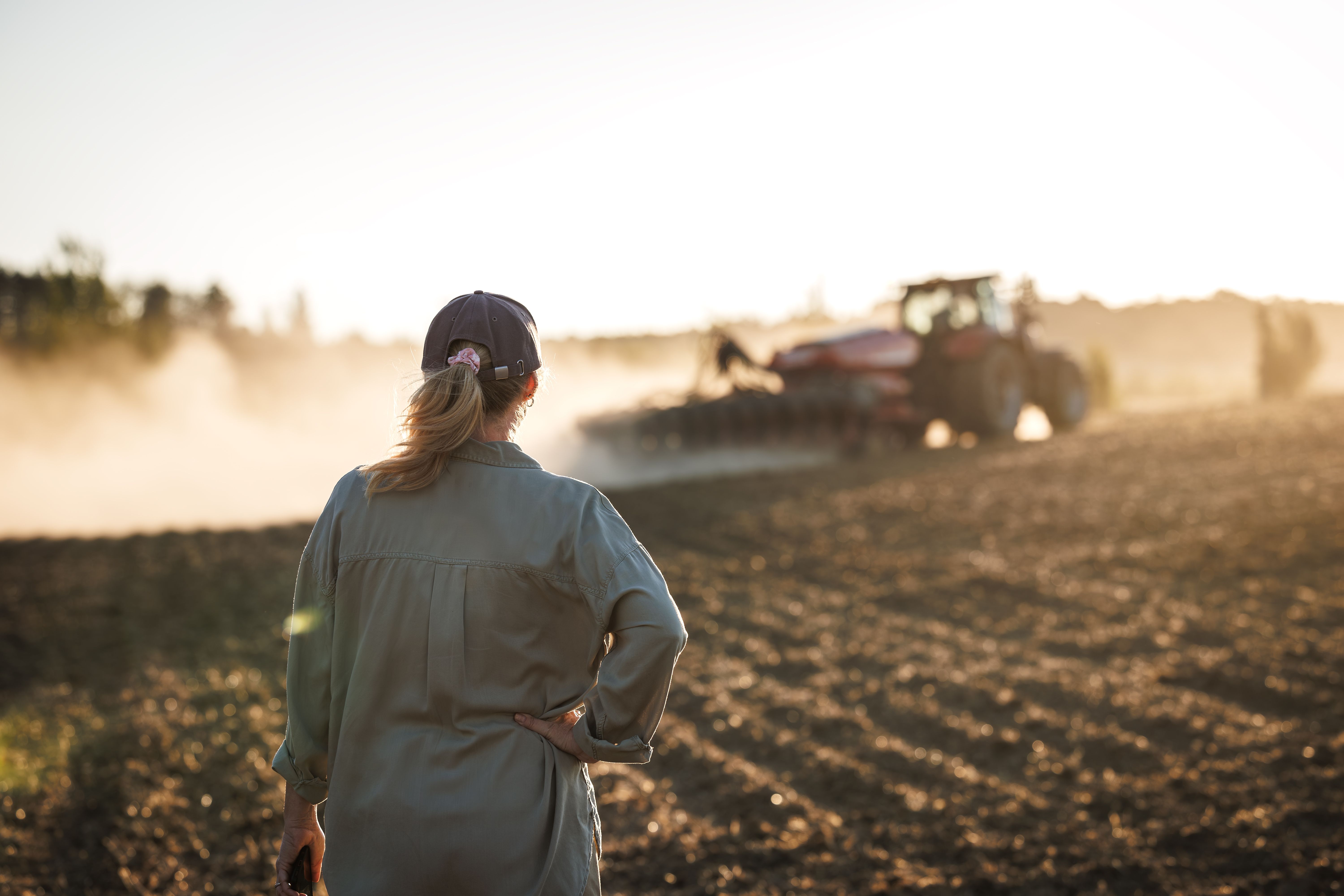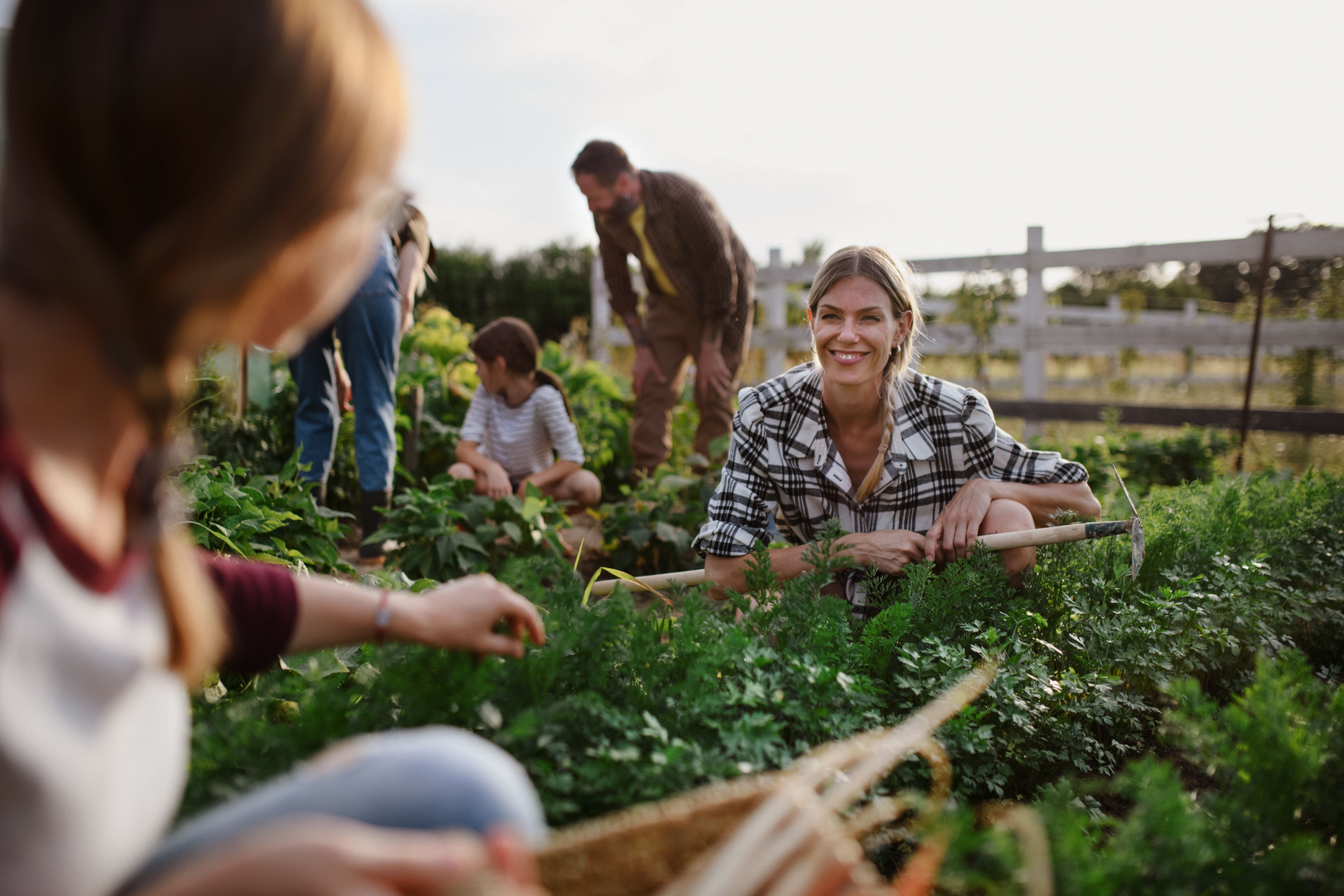Preparing Your California Organic Farm for Winter
Assessing Your Soil Health
As winter approaches, it's crucial to evaluate the health of your soil. Healthy soil is the foundation of a productive organic farm. Begin by conducting a soil test to determine nutrient levels and pH balance. This information will guide you in making necessary amendments, such as adding organic compost or lime to adjust acidity levels.
Consider planting cover crops like clover or vetch to enhance soil fertility. These plants help fix nitrogen, reduce erosion, and improve soil structure. Cover crops can also suppress weed growth, providing a natural solution to maintain soil quality during the colder months.

Preparing Your Crops
Winter can be harsh on crops, even in California's milder climate. Protecting your existing plants is essential to ensure they survive until spring. Start by mulching around the base of your plants to insulate roots and retain moisture. Organic materials like straw or wood chips work well for this purpose.
Consider using row covers or cold frames to shield sensitive crops from frost. These protective structures can help maintain a stable temperature around your plants, allowing them to thrive despite the cold. For more robust plants, prune any dead or diseased branches to promote healthy growth.

Managing Water Resources
Water management is another key aspect of preparing your farm for winter. Evaluate your irrigation system to ensure it's functioning efficiently. Fix any leaks and make necessary adjustments to accommodate the reduced water needs of dormant plants.
If your area experiences significant rainfall, ensure that your drainage systems are clear to prevent waterlogging. Proper drainage helps maintain soil health and prevents root diseases. Consider installing rain barrels to collect rainwater, which can be used during dry spells.

Maintaining Equipment and Infrastructure
Winter is an ideal time to perform maintenance on your farm equipment and infrastructure. Inspect tools, machinery, and storage facilities for any signs of wear and tear. Repair or replace items as needed to avoid disruptions during the busy growing season.
Regular maintenance not only extends the life of your equipment but also ensures safety and efficiency. Clean and store tools in a dry location to prevent rust and other damage. Check the structural integrity of greenhouses and storage buildings, making repairs where necessary.

Planning for the Next Growing Season
While winter is a time of rest for many plants, it's also an opportunity to plan for the upcoming growing season. Review your crop rotation plan and make adjustments based on the previous year's performance. Consider introducing new crops that align with market demand and your farm's goals.
Take this time to research and order seeds, ensuring you have everything ready for planting. Winter workshops and conferences can provide valuable insights and networking opportunities to enhance your farming practices.

Enhancing Biodiversity
Encouraging biodiversity on your farm can lead to a more resilient ecosystem. Introduce beneficial insects, such as ladybugs and bees, to aid in pollination and pest control. Planting native species can also attract wildlife and support local ecosystems.
Diversifying your crop selection helps maintain soil health and reduces the risk of disease and pest outbreaks. Consider planting a variety of fruits, vegetables, and herbs to create a balanced and sustainable farming environment.

Engaging with the Community
Winter is an excellent time to strengthen community ties. Consider hosting farm tours or workshops to educate others about organic farming practices. Engaging with local schools and organizations can foster a sense of community and promote sustainable agriculture.
Participating in farmers' markets and local events allows you to showcase your produce and connect with potential customers. Building relationships within the community can lead to collaborations and support for your farm throughout the year.
